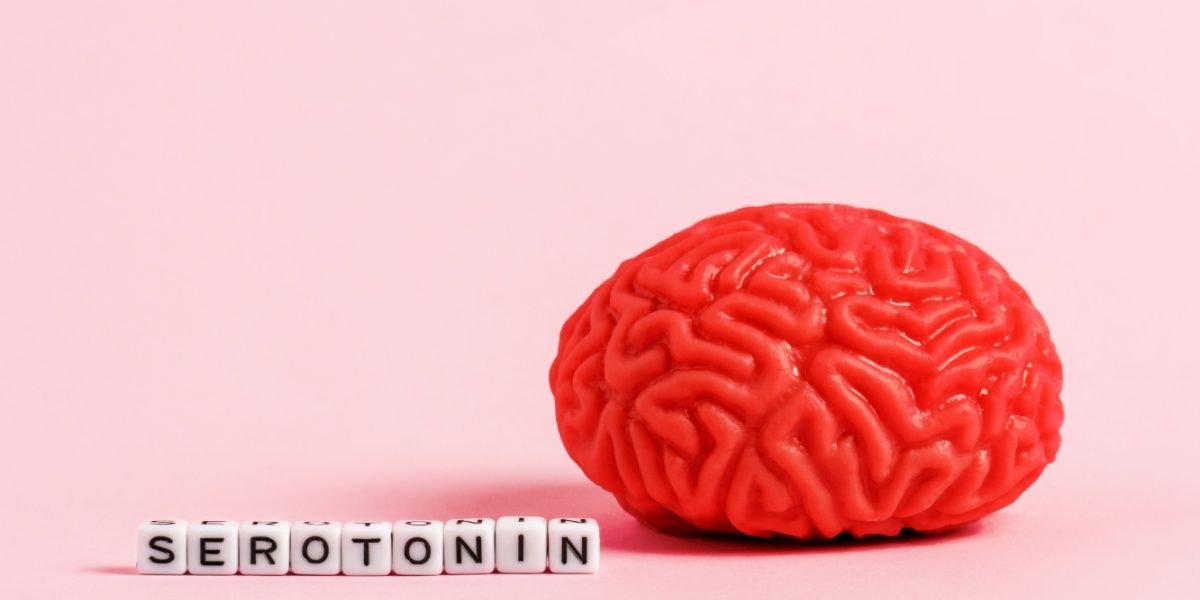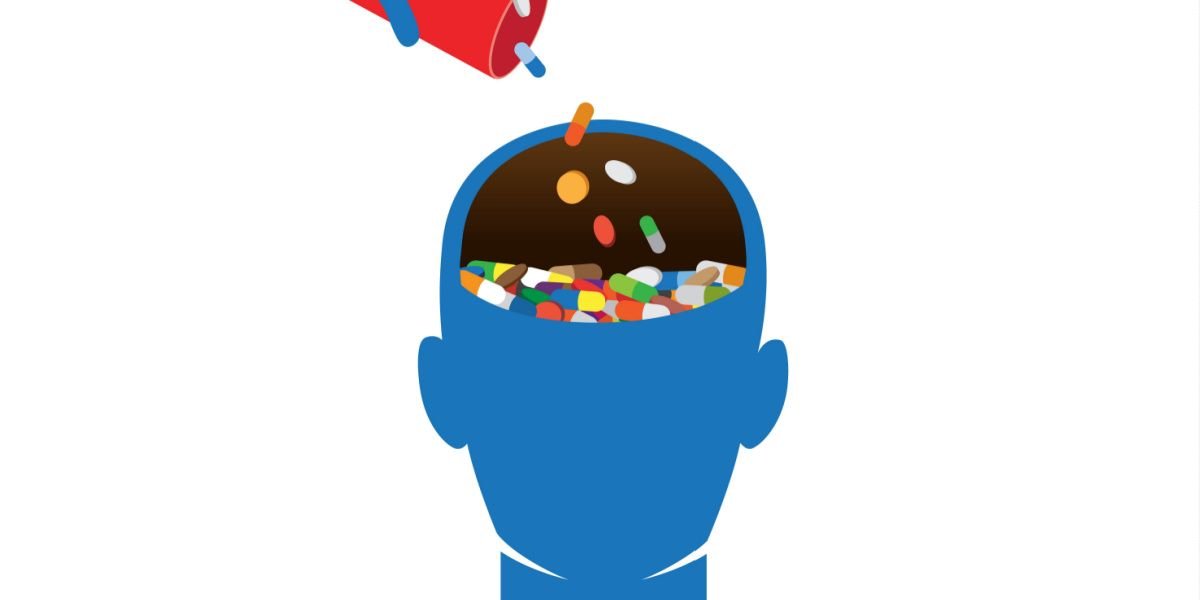Drug use can exacerbate mental health problems both in the short term and in the long term. The short-term highs and crashes can worsen existing mental health problems and when used long-term, can even cause new mental illnesses. Still, not all drugs have the same effects on a person’s mental health. In fact, new studies have shown that certain psychedelics like ketamine, LSD, and psilocybin can even improve symptoms of depression, anxiety, or PTSD.
- Many drugs interfere with a person’s ability to think clearly, interact normally with others, and make good decisions, which is a recipe for impulsive or reckless choices.
- In addition to having desirable effects, drugs can also have adverse effects on a person’s mental health. For example, paranoia, irritability, and anxiety are common adverse psychological side effects of drugs.
- Amphetamines, cocaine, hallucinogens, and cannabis can trigger psychotic episodes both in the intoxication and withdrawal stages. These episodes are usually time-limited but in some people are precursors to schizophrenia and bipolar disorders.
.jpg?v=1722502805)
Do drugs affect mental health?
Your mental health is all about how you think, feel, and behave, so any substance that has either mind or mood-altering effects has an impact on your mental health. Some drugs cause people to feel energetic and focused while others cause them to feel carefree and detached from the world.
Many drugs interfere with a person’s ability to think clearly, interact normally with others, and make good decisions, which is a recipe for impulsive or reckless choices. In some cases, decisions people make when under the influence have very negative, lasting consequences (i.e. DUIs or legal charges).
Adverse psychological effects of drugs
In addition to having desirable effects, drugs can also have adverse effects on a person’s mental health. For example, paranoia, irritability, and anxiety are common adverse psychological side effects of drugs. Some people experience these symptoms during their high, including certain people who abuse stimulants, alcohol, marijuana, or psychedelic/hallucinogenic drugs.
Drugs that have psychedelic properties (i.e. psilocybin, LSD, and even marijuana) can cause some users to experience a ‘bad trip’ that includes unpleasant or scary hallucinations. The effects of a drug can also vary from person to person, with some people having negative reactions to certain substances. For example, certain people feel incredibly anxious, panicked, or paranoid when they use marijuana, even in small doses.
Comedowns
Sometimes adverse mental health symptoms only start when the drug leaves your body and your brain attempts to recalibrate itself. These comedowns or ‘crashes’ are common in people who abuse stimulants like cocaine, ADHD medications, MDMA, or crystal meth.[5] Usually, a comedown mirrors the intoxicating effects of the drug, so the high from these euphoric drugs is often followed by periods of low energy and depressed mood. For most people, the effects of a comedown last just a few hours, but chronic users may experience withdrawals, which include prolonged symptoms and discomfort.
Withdrawal and mental health
Amphetamines, cocaine, hallucinogens, and cannabis can trigger psychotic episodes both in the intoxication and withdrawal stages. These episodes are usually time-limited but in some people are precursors to schizophrenia and bipolar disorders.
For example, regular cannabis use, particularly in adolescents, has been found to increase the risk of schizophrenia and accelerate its onset.[1] Half of the people requiring hospitalization for cannabis-induced psychosis will go on to develop schizophrenia. [2] It’s also common for meth users to experience psychosis both in the intoxication stage and also sometimes for weeks after their last dose.
Drugs and neurological processes
On a neurochemical level, it’s well known that most drugs affect brain chemicals that are closely related to mental health. These include mood-regulating chemicals like serotonin, GABA, and stress hormones or chemicals like noradrenaline that affect a person’s focus and energy levels. Most addictive drugs also cause the release of dopamine, which can create addiction pathways in the brain that make it harder for a person to control or stop using a drug. In some people, these changes may be persistent. Early use of substances may also disrupt brain development in adolescents.
Can drugs make preexisting mental health conditions worse?
Drug use can worsen existing mental health problems, including depression, anxiety, BPD, and psychotic illnesses. For example, the depression felt in comedowns and withdrawals from stimulants can intensify or provoke depressive symptoms in people who have a history of the condition. In people with psychotic illnesses like schizophrenia and bipolar disorder, using cannabis can cause someone to experience delusions, hallucinations, or other psychotic symptoms.[4]
Many people with unmanaged mental health problems turn to drugs to cope or self-medicate their symptoms. This strategy can provide temporary relief but can further destabilize brain chemistry and long term can hasten dependence on a substance. Stress is a known trigger for most physical and mental health conditions and can cause a relapse of psychiatric symptoms, even in people who previously had their symptoms managed. The many serious negative consequences in a person’s life that develop as a result of addiction almost always add stress, worsening the original issue and contributing to poorer mental health.[17] This can eventually lead to thoughts of suicide.
In addition, drug use can interfere with the effectiveness of certain medications. This means that some medications for mental health conditions become less effective when people abuse recreational drugs. Mixing some medications with recreational drugs (including alcohol) can also cause serious and sometimes fatal interactions. For example, taking antidepressants with cocaine or MDMA can cause a dangerous overproduction of serotonin (called serotonin syndrome) that can be fatal.[5] Another example is drinking while taking Klonipin or Xanax, which can lead to loss of consciousness, respiratory depression, and even death.
Which drugs negatively affect mental health?
Any prescribed or illicit drug has the potential to affect a person’s mental health. Individual effects of drugs vary considerably, which makes it impossible to determine which drugs will have a negative impact on your mental health. Still, certain drugs are more likely to cause specific psychological effects based on how they work in the body and brain.
Below is a summary of some of the more common negative mental health effects of different kinds of illicit drugs.
Cannabis/marijuana
Many people who use cannabis (marijuana) have experienced paranoia and anxiety that sometimes accompanies the ‘high’ after smoking, vaping, or eating something with THC. People with pre-existing anxiety may be especially likely to experience this unpleasant side effect when using marijuana.[2] In teens, cannabis use is much riskier than in adults because some research suggests using THC in adolescence can trigger schizophrenia and other psychotic disorders in people predisposed to these problems.[6]
It’s also possible for people of any age to develop cannabis-induced psychosis, with symptoms including paranoid delusions, hallucinations, delusions, dissociation, and grandiosity. Generally, these symptoms go away on their own after the drug leaves the person’s system. Other adverse psychological symptoms experienced by some cannabis users include irritability, brain fog, memory problems, impaired thinking, and lowered energy and motivation.[2]
Amphetamines and methamphetamines
These powerful stimulants can cause anxiety, paranoia, and agitation in acute intoxication and depression in withdrawal. Long-term use can also induce psychosis which can last for weeks after stopping the drug (most common in methamphetamine users). Research from Australia found that meth was implicated in 6.1% of ambulance attendances for psychosis, more than all other illicit drugs combined.[7] In up to a third of people, this meth-induced psychosis is a precursor to schizophrenia, indicating a possible causative relationship.[8]
Cocaine
Psychological effects of cocaine use can include heightened irritability and aggression, which may be experienced during the high or the comedown phase. Chronic use of cocaine can induce anxiety, agitation, paranoia, and psychotic symptoms. Comedowns from cocaine can feature low mood and fatigue. If you use it for a long time and stop taking cocaine, you may feel down for weeks or months or as your brain adjusts.[12] During the comedown or ‘crash’, it’s also common for people to experience extreme lethargy, depressed mood, brain fog, and trouble concentrating and completing tasks.
Hallucinogens & Psychedelics
Hallucinogens like DMT and psilocybin (ie magic mushrooms) were historically linked to psychosis, but population-level surveys have debunked the association.[9] The high from psychedelics often lasts for several hours (8-12 hours for LSD, 4-6 hours for mushrooms) and it’s expected that people will experience hallucinations and delusions during this time. However, it remains true that people prone to anxiety are more likely to experience bad trips, which can feature panic attacks and paranoia and cause a long-term worsening of anxiety symptoms.[10][11]
A small number of people will experience ‘flashbacks’ that can come weeks, months, or even years after taking the drug. Usually, these are very short in duration and involve visual disturbances like flashes of light, halos, or other brief changes in sensory perception. In some cases in which the flashbacks are persistent and cause distress, it’s diagnosed as hallucinogen persisting perception disorder (HPPD).
Opiates and opioids
Opioid painkillers and opiates such as heroin can affect brain chemistry to increase depression, particularly in the absence of the drug. Using an opioid painkiller for more than 30 days has been found to increase the risk of developing treatment-resistance depression by more than 25%.[13] Many of the symptoms associated with opioid use mimic those of depression, including fatigue, loss of interest and motivation, and feelings of sadness or emptiness.[18]
When people stop using opioids, they often will experience extreme physical and psychological discomfort. Along with flu-like symptoms, it’s common for people with opioid withdrawal to experience high levels of anxiety, mood instability, insomnia, and restlessness. Acute withdrawal symptoms often resolve within about a week, but some people experience PAWS, a prolonged form of withdrawal that includes mainly psychological symptoms. PAWS can last for weeks or even months, but usually comes and goes and is milder than the symptoms in acute withdrawal.[18]
Potential mental health benefits of drugs
While unregulated use of drugs can cause and aggravate mental health disorders, some medications and drugs, taken under medical supervision and at carefully measured doses, can alleviate mental illness. Exciting research has shown the therapeutic potential of certain psychedelic drugs, which is partially outlined below.
Benzodiazepines
People with anxiety disorders are sometimes prescribed benzodiazepines like Xanax, Klonipin, or Valium to treat their symptoms. These medications can be incredibly helpful to people experiencing high anxiety and can even help prevent or stop a panic attack. When used only occasionally, these medications can be very beneficial for people who struggle with phobias, anxiety, or panic attacks.
Long-term, these benefits are negated by the many risks associated with chronic use, including the risk of physical or psychological addiction. People who become dependent on benzodiazepines often struggle with ‘rebound’ anxiety when they cut back or stop using them.[18]
Still, people who only need medication occasionally (like on planes or at the dentist's office) often describe that these medications are very helpful to them.
Ketamine
Recently, a form of ketamine was FDA approved to treat people who struggle with chronic treatment-resistant depression, signaling the first officially sanctioned psychedelic treatment for a mental illness. Ketamine is a unique dissociative drug that has shown great potential for quickly alleviating the symptoms of treatment-resistant depression.
In studies, intravenous ketamine treatment has a therapeutic benefit (50+% improvement in symptoms) in 50% to 70% of patients within the first three days.[14] Ketamine was also found to be effective for anxiety, suicidal thoughts, PTSD, and OCD. However, ketamine has the potential for addiction and should only be used under close supervision from a doctor. Its effect is also transitory, lasting a couple of weeks at most.[14]
Psychedelics
Active psychedelic trials are underway at major universities like Johns Hopkins University to investigate the potential for LSD, MDMA, and psilocybin for the treatment of depression, anxiety, and PTSD.[16] Psilocybin, the psychedelic compound in magic mushrooms, has been found to relieve symptoms of major depression for up to a year.[15] While psychedelics appear to have potent antidepressant effects, it is not clear exactly how they help people.
Lesser known psychedelics like ayahuasca are even being explored for their potential in helping people overcome addictions.[16] Still, the therapeutic use of psychedelics is complicated by the fact that some people experience adverse effects, including a worsening of their symptoms.
For example, some people experience high levels of anxiety and panic when taking psychedelics. More research into the therapeutic uses of psychedelic drugs is needed to fully understand what conditions they can treat.
Final thoughts
Most drugs have mind or mood-altering effects that can affect a person’s mental health while they’re taking the drug as well as afterward. Chronic users may even experience prolonged withdrawals that include adverse psychological effects like mood swings, loss of energy, or brain fog. Every person is different and will experience unique effects of different substances. Also, not all drugs have negative impacts on a person’s mental health. Some have no effect and a few may even have beneficial effects when administered in a supervised, therapeutic setting.


-guide-detail.jpg?v=1728036834)

